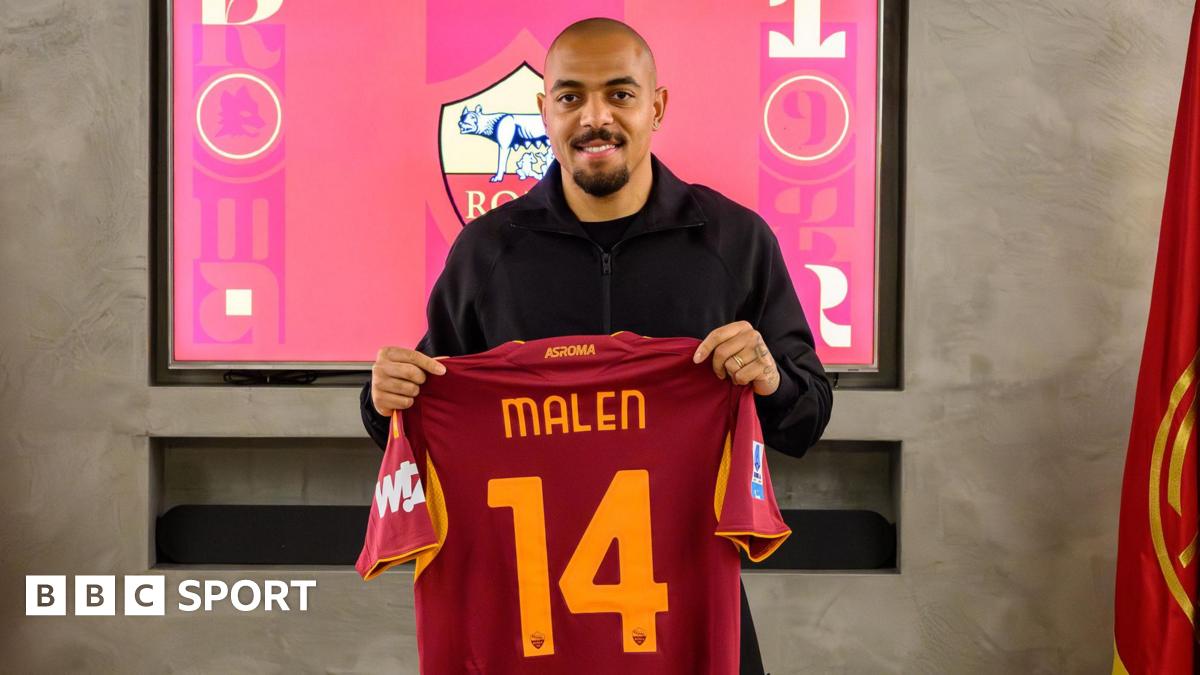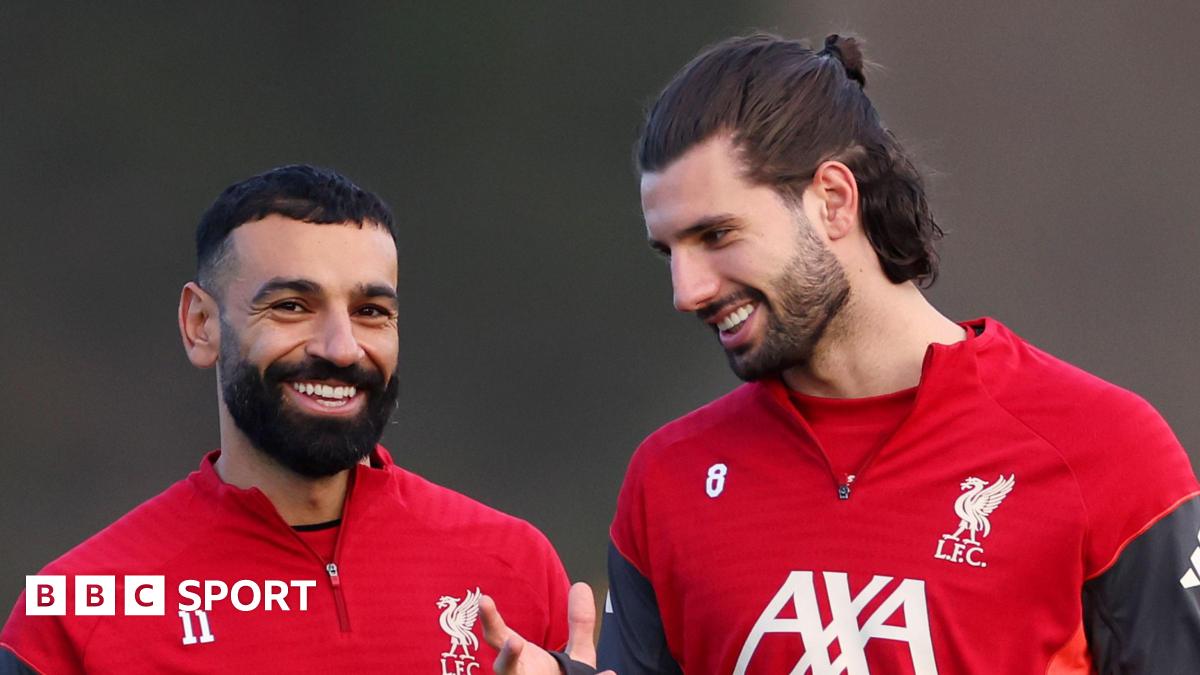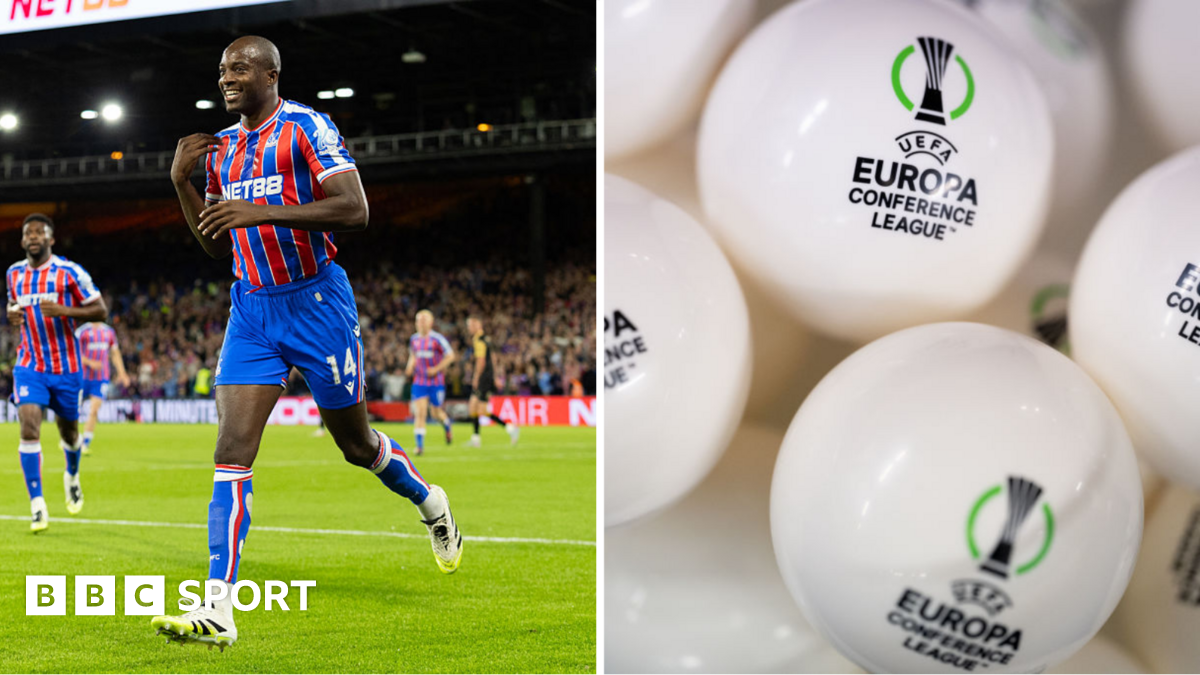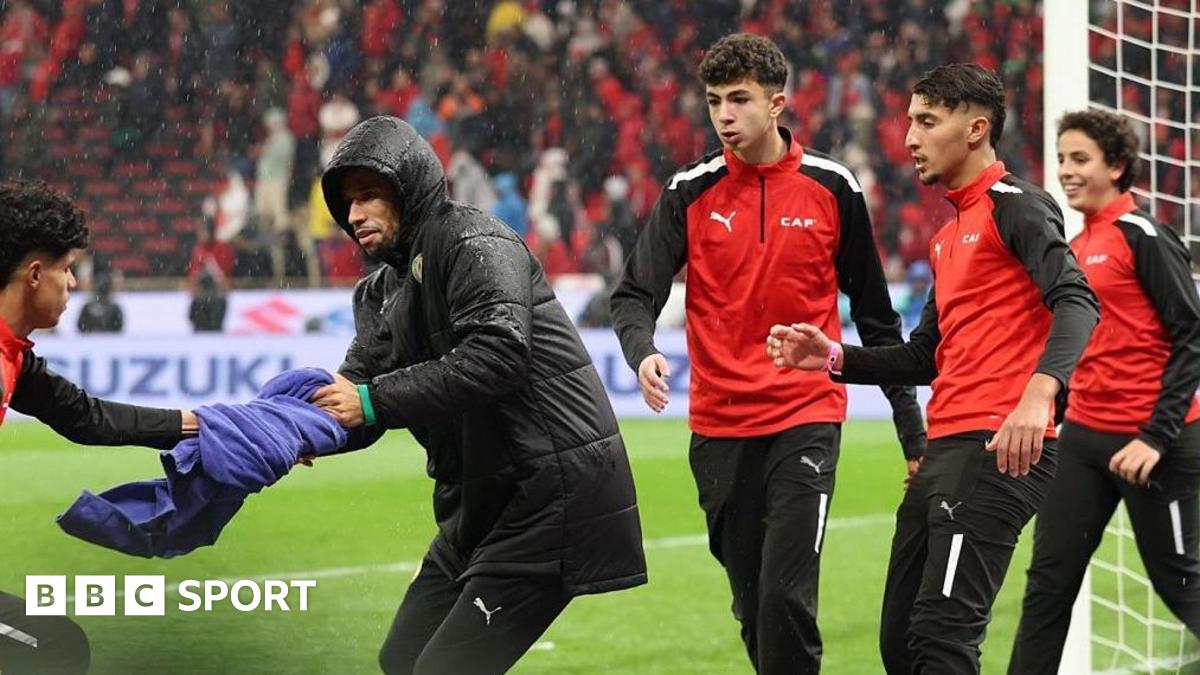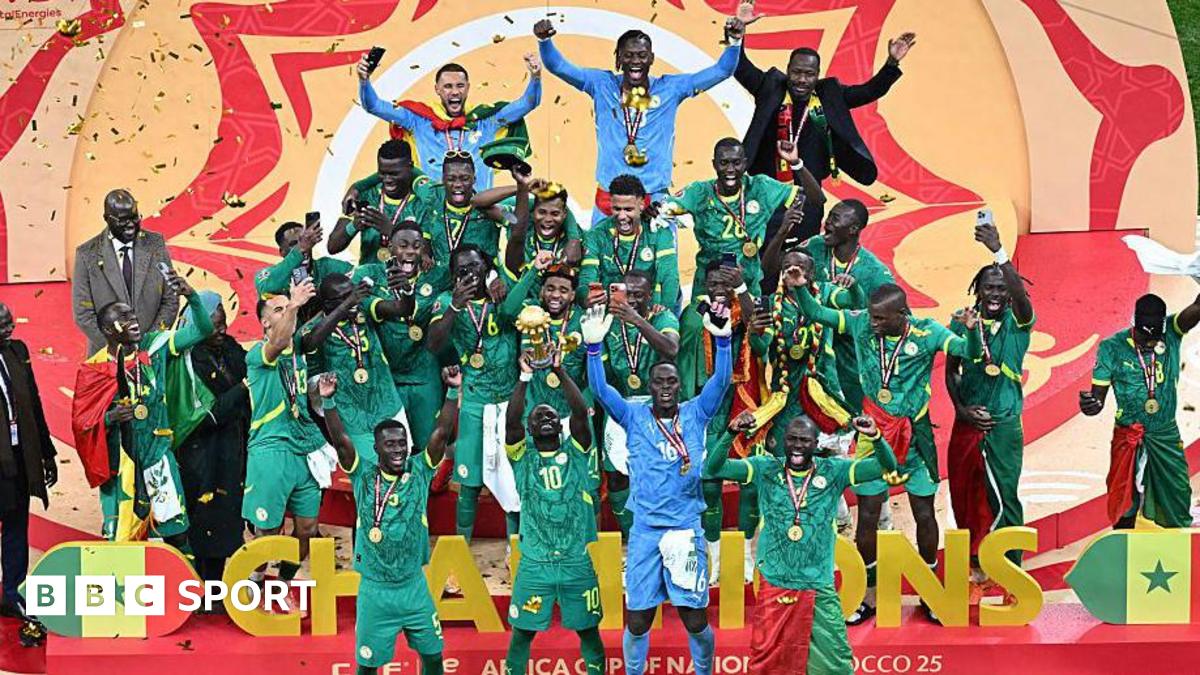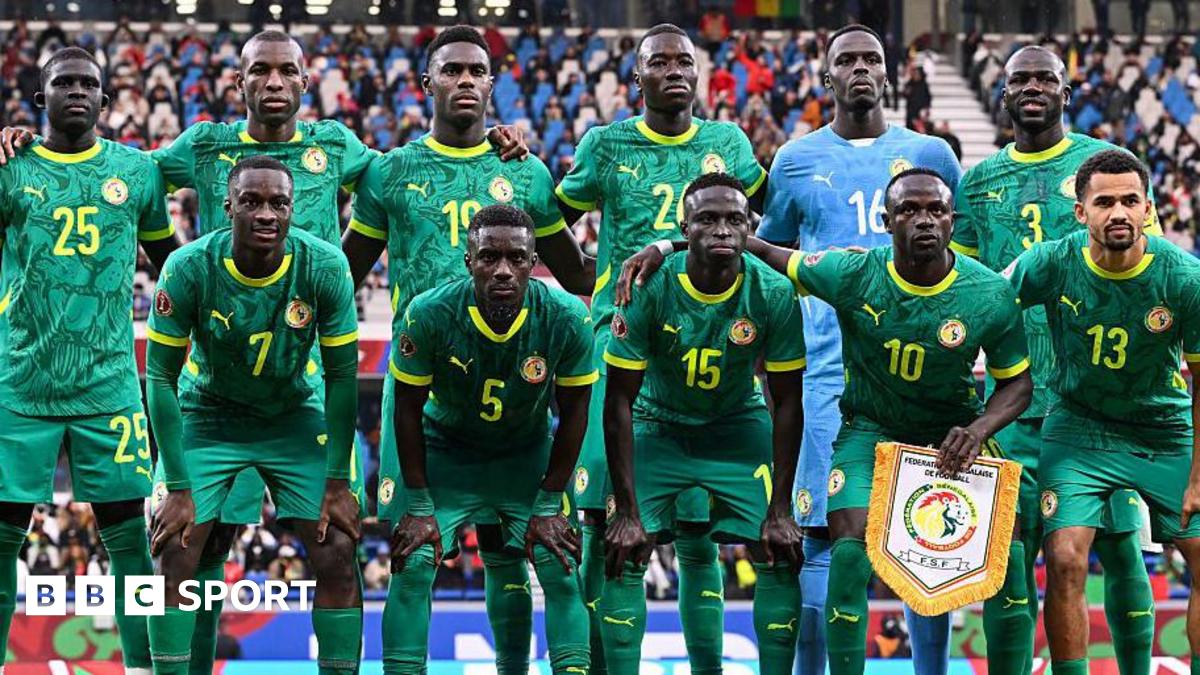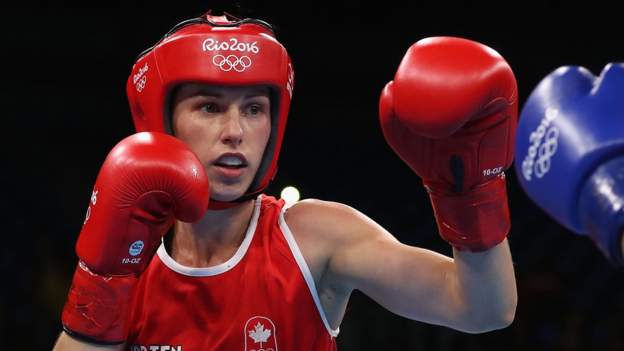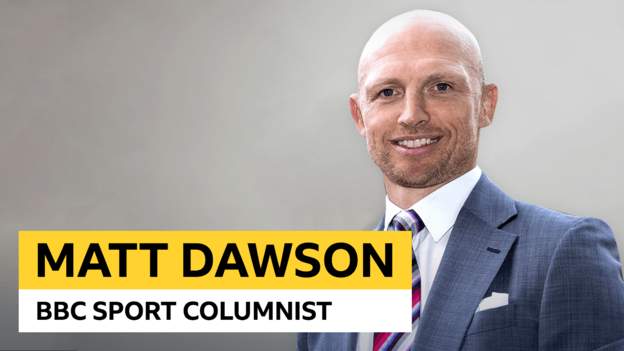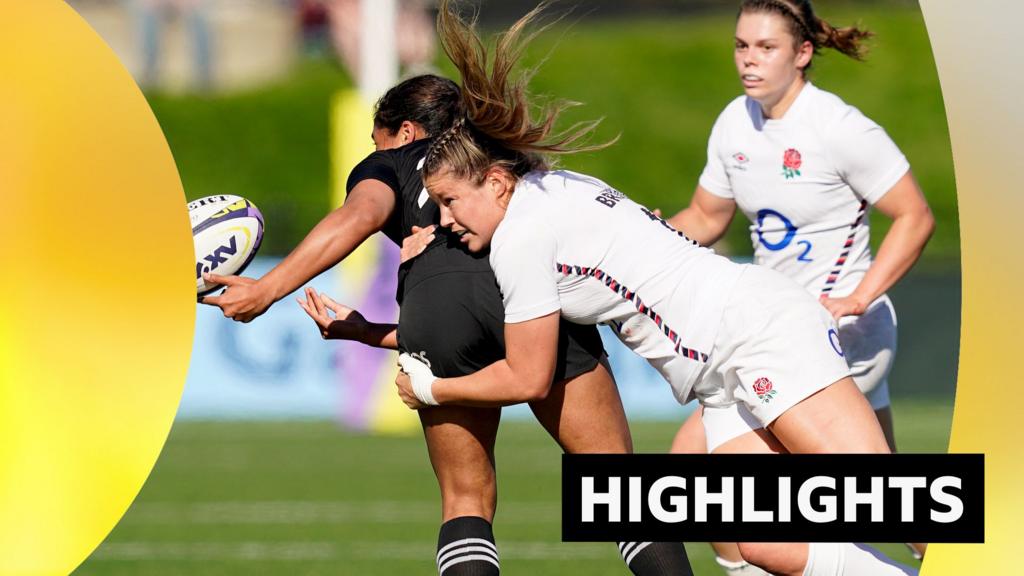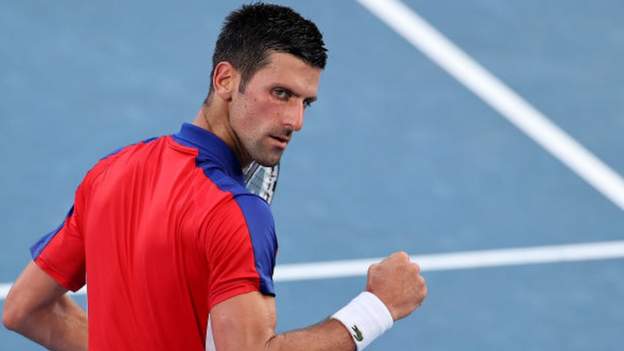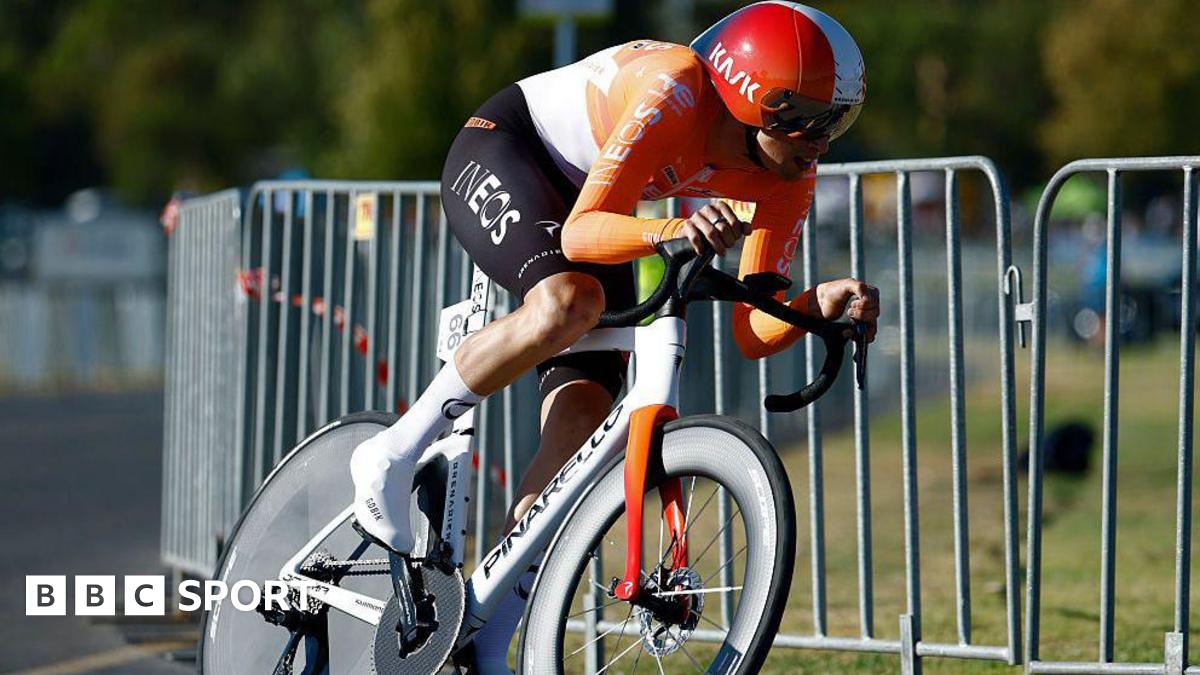Canadian boxer Mandy Bujold has accused the International Olympic Committee (IOC) of “discriminating against women” and is mounting a legal challenge to allow her to compete at Tokyo 2020.
Bujold, 33, hoped to qualify for the Games this month but the event has been cancelled because of the pandemic.
Instead, three events between 2018 and 2019, held when Bujold was on maternity leave, will determine who competes.
“This was supposed to be an equal Games,” Bujold told BBC Sport.
“It’s unfortunate, especially with the messaging that’s going on right now around the Olympics working towards equality. You know, female equality.
“If we had known that these events were qualifying events back then, then we would have no issue here. That would have been my decision to have a child at that point.”
Bujold is taking her case to the Court of Arbitration for Sport (Cas), with her lawyer saying they will file an urgent order to request that the qualification process is halted until this matter is resolved. The postponed Olympics in Japan is set to start on 23 July.
The flyweight, a Commonwealth Games bronze medallist and two-time Pan American champion who has won 11 national titles and placed fifth at the 2016 Rio Olympic Games, wants the IOC to use her ranking before she got pregnant to help determine who fights in Tokyo.
The IOC said its qualification system “is based on transparent and non-discriminatory” principles, and added that changes were “communicated in a timely manner to all concerned stakeholders”.
“The determination of the Tokyo 2020 Olympic boxing qualification system is a consistent process which applies to all athletes across all continents,” the IOC added in a statement.
“Any modification would potentially not only impact individual situations but also entail consequences for possibly many other athletes.”
Bujold said she wants the IOC to take the same approach as the WTA did in 2018 when it changed its rules on ranking protection for new mothers on the Tour, which was influenced by 23-time Grand Slam winner Serena Williams.
“When Serena Williams had the exact issue a few years back when she came back, she was able to get the WTA to make a change,” Bujold said.
“Maybe I just don’t have the star power? Even if it means that I’m not in Tokyo, this is something that all sport organisations need to take into consideration.
“I am not the first athlete to step away and have a child and come back and I’m not going to be the last, so it’s an important issue that needs to be raised.”
Bujold said it would be “heartbreaking” if her appeal fails and she does not compete in Tokyo, which she intended to be her final event before retiring.
“I wanted to finish my career with a shot at a medal in Tokyo,” she said.
“Unfortunately, this will be a horrible way to end my career without actually being able to show all that hard work that I’ve been putting in.”

